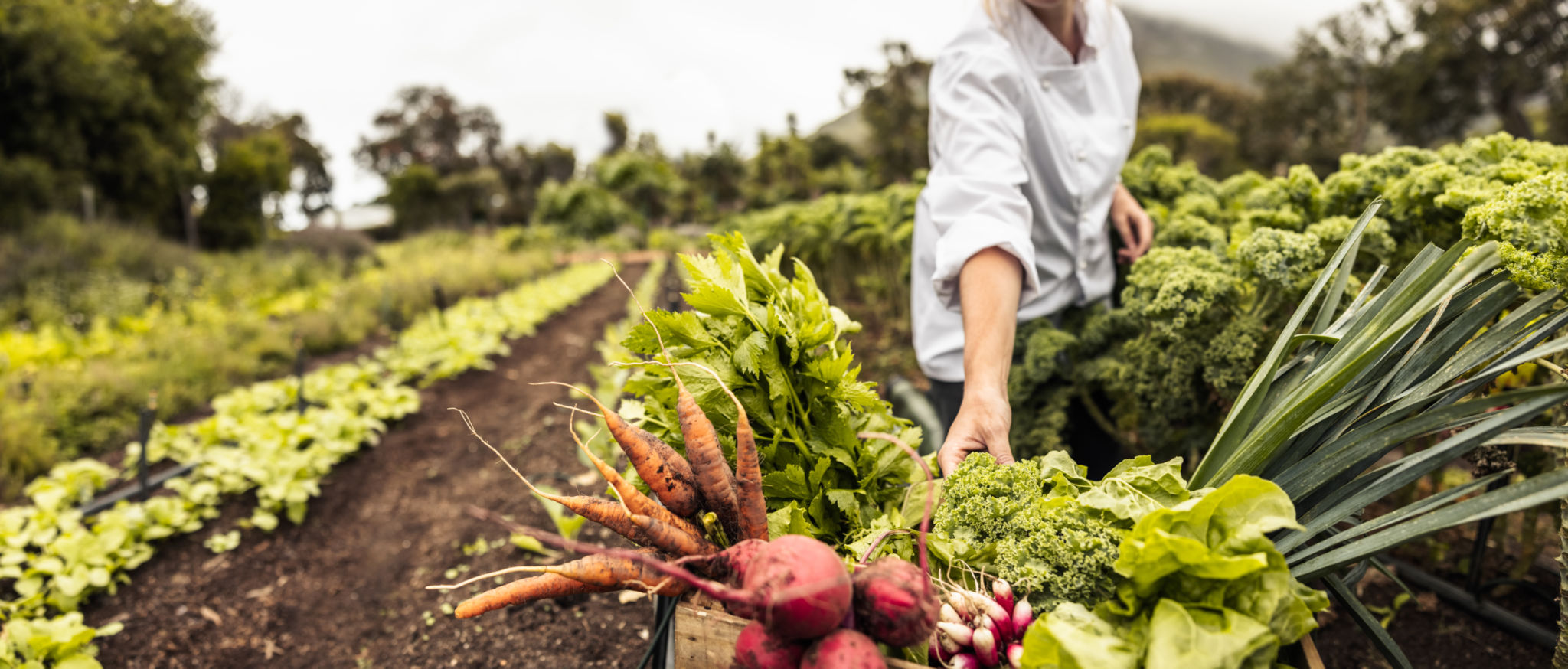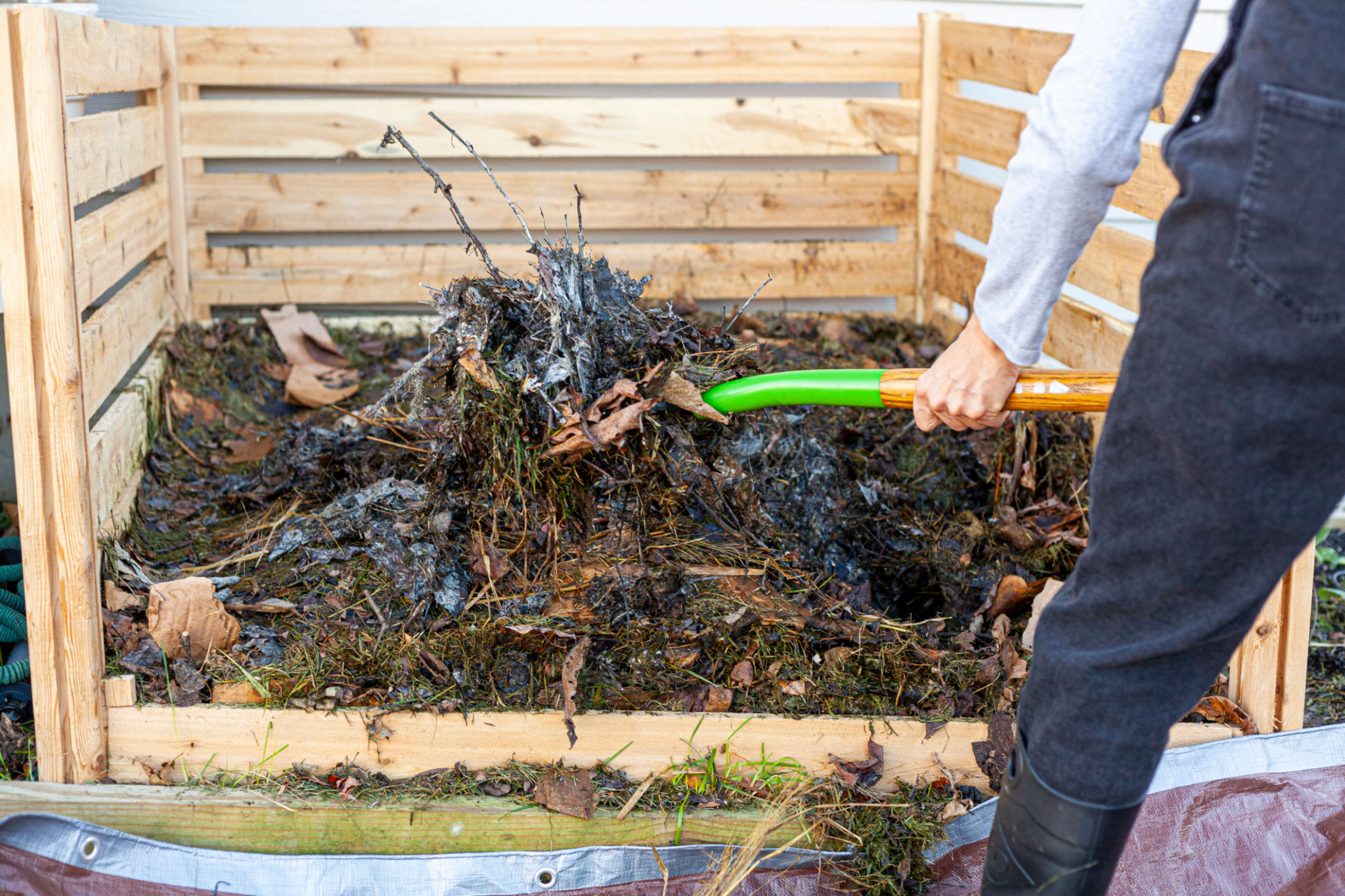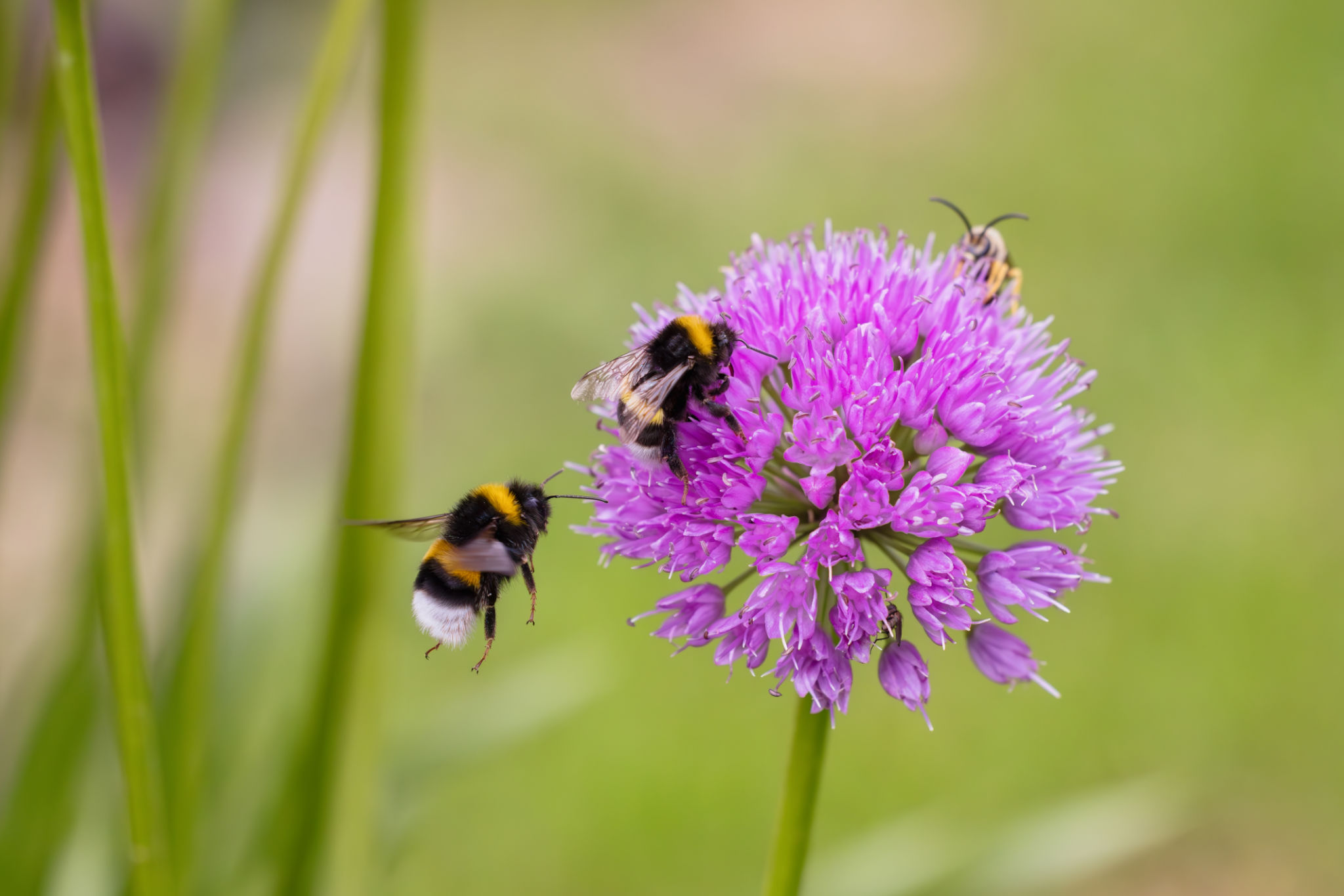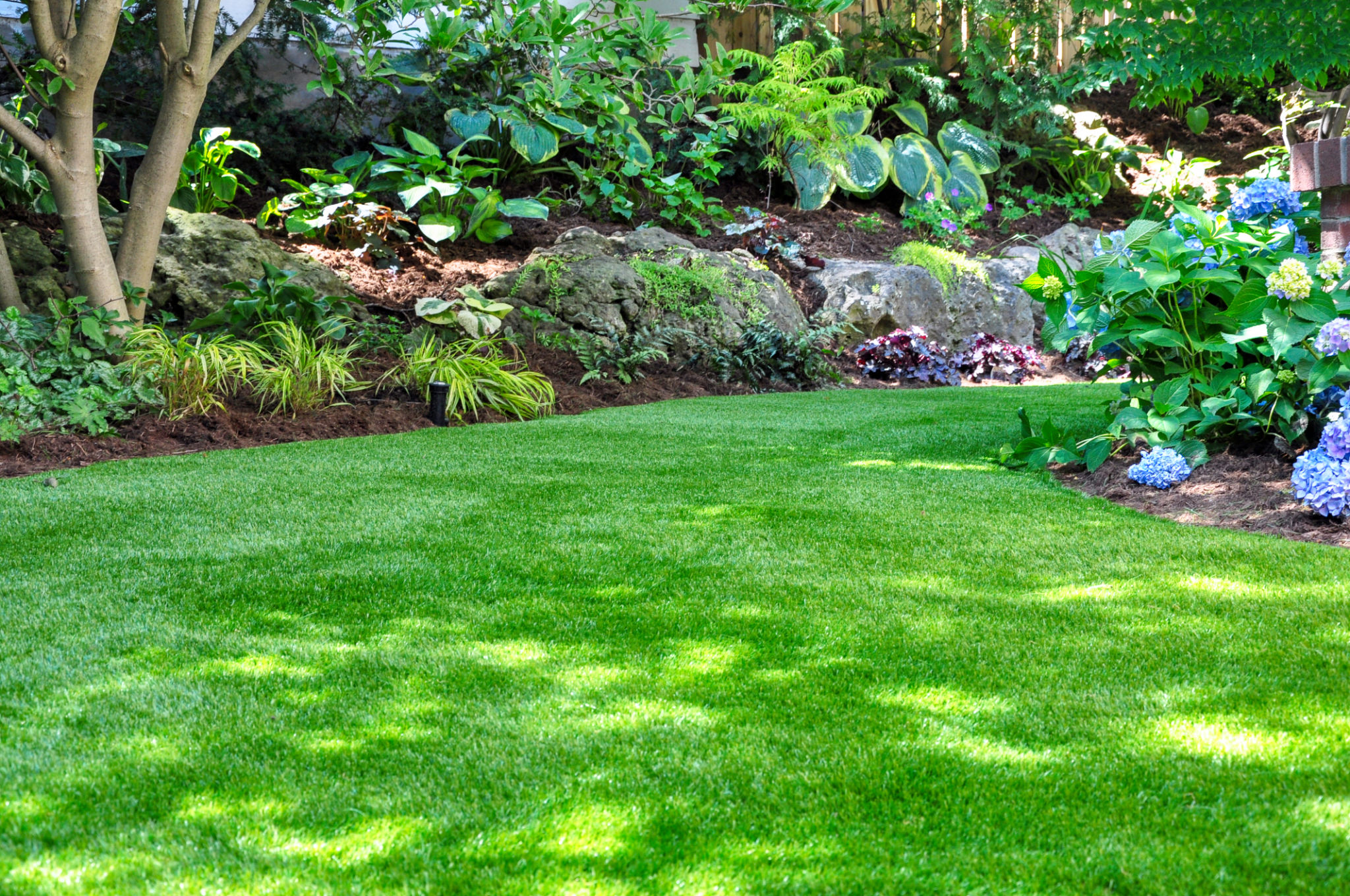Expert Advice: Maintaining a Chemical-Free Garden Year-Round
Embracing Natural Gardening Practices
Maintaining a chemical-free garden year-round is not only beneficial for the environment but also for your health and the wellbeing of your plants. By adopting natural gardening practices, you can create a thriving ecosystem that supports biodiversity and sustainability. This approach involves using organic methods to manage pests, nourish the soil, and promote plant growth.
One of the key advantages of a chemical-free garden is the reduction of harmful substances that can leach into the soil and water systems. Additionally, organic gardening techniques can enhance soil fertility and improve plant resilience, leading to healthier and more productive gardens.

Understanding Soil Health
The foundation of any successful garden starts with healthy soil. To maintain a chemical-free garden, focus on boosting the natural fertility of the soil. This can be achieved by incorporating organic matter such as compost, leaf mold, and well-rotted manure. These materials enrich the soil with nutrients and improve its structure, allowing better water retention and root development.
Regular soil testing is also important to understand its pH level and nutrient content. Based on test results, you can amend your soil with natural additives like lime or sulfur to balance pH levels and ensure optimal conditions for plant growth.

Natural Pest Control Strategies
Pest control is a common concern for gardeners, but it doesn’t have to involve chemicals. **Companion planting** is an effective method where certain plants are grown together to repel pests or attract beneficial insects. For example, marigolds can deter nematodes, while basil planted near tomatoes can ward off aphids.
Introducing beneficial insects like ladybugs and lacewings can naturally reduce pest populations. You can also use physical barriers such as row covers or nets to protect plants from unwanted insects without resorting to pesticides.
Encouraging Biodiversity
A diverse garden ecosystem is more resilient to pests and diseases. By planting a variety of species, you attract different types of pollinators and beneficial insects. This diversity not only enhances the beauty of your garden but also contributes to a healthier environment.
Consider including native plants in your garden, as they are adapted to local conditions and require less maintenance. Native plants support local wildlife, offering food and habitat for various creatures.

Water Conservation Techniques
Efficient water use is an important aspect of maintaining a chemical-free garden. **Mulching** is a simple technique that helps conserve moisture in the soil, suppress weeds, and regulate soil temperature. Organic mulches like straw, grass clippings, or shredded leaves are excellent choices for this purpose.
Additionally, implementing rainwater harvesting systems or drip irrigation can significantly reduce water waste. These methods ensure that water is delivered directly to the plant roots, minimizing evaporation and runoff.
Seasonal Garden Maintenance
Maintaining a chemical-free garden requires attention throughout the year. In spring, focus on preparing beds by adding organic matter and sowing seeds. Summer demands vigilant watering and pest monitoring, while fall is perfect for planting cover crops to replenish nutrients.
Winter may seem like a dormant period, but it’s an excellent time to plan crop rotations and start seedlings indoors. Taking advantage of each season’s unique opportunities ensures that your garden remains productive and healthy all year round.

By committing to these sustainable gardening practices, you contribute to a healthier planet while enjoying fresh produce and vibrant landscapes. Embrace the journey of chemical-free gardening and watch your garden flourish naturally!
